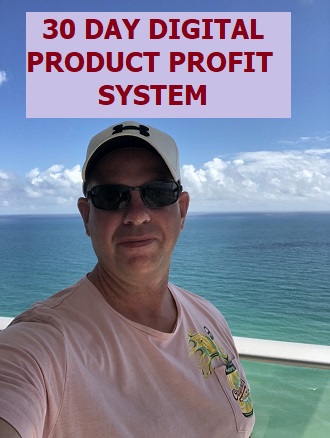How do you know when you’ve tested an idea for a hot niche market enough?
If you throw 100 visitors at a landing page or sales page for a niche market you are testing, and you have no sales, does that mean you should give up on that niche?
What happens if you have 500 unique visitors to your sales page or landing page and you have sold 2 products, does that mean you should go ahead or give up?
This is the critical question isn’t it – until you have found a niche that you are confident sells, it’s tough to scale your business.Â
The Quick Start System within InfoMarketer’sZone has been designed to take you through the details of exactly how to make finding hot niches for info products within days – so you can build and scale your business to something big.Â
Here are the two most important steps to testing for niche markets –
Having tested dozens of different landing pages and sales pages I have found the following guidelines helpful:
1. 200-300 visitors is minimum required to test conversion of a page. This assumes that the traffic source is somewhat fixed – for example all PPC, all autoresponder, all blog generated, etc… If the sources of traffic are different. PPC sourced traffic is a little different – in that you should aim to have at least 100 uniques from each keyword you want to test rather than 200-300 total across all PPC. The goal is to find out keyword-landing page combinations that work best.Â
For example, our latest site launched in the personal development field started with about $200 invested in a pay-per-click campaig where the goal was to find the 10-12 keyword and ad combinations that generated sales.Â
Within 4 days we had roughly 14 sales generated primarily by 6 keywords. Immediately we began ramping up content development (blog postings, articles, press releases, etc…) around those keywords as they converted the best. Sales doubled within the next few days.Â
But, traffic is only one variable – consider this as well…
2. If you can, start with a product you know is selling in your niche – this takes one level of uncertainty out of mix.
  The challenge when you start out is that you have 3 rather substantial variables you need to test all at once – the source of traffic (which keyword, traffic relevancy), the landing page (how well it converts for that particular keyword) and the sales page (how well it convinces the customer to purchase). It’s no wonder that getting this right when you are starting from scratch is challenging – that’s why it’s better to start with a successful product, successful sales page – then figure out which traffic leads to highest conversions (most sales or signups), then substitute your own landing page, then your own product.Â
If you would like to have us walk you through how exactly you uncover niche markets to test, setup and operate niche test campaigns and then grow your info product marketing business, visit us over at InfoMarketer’sZone.Â


